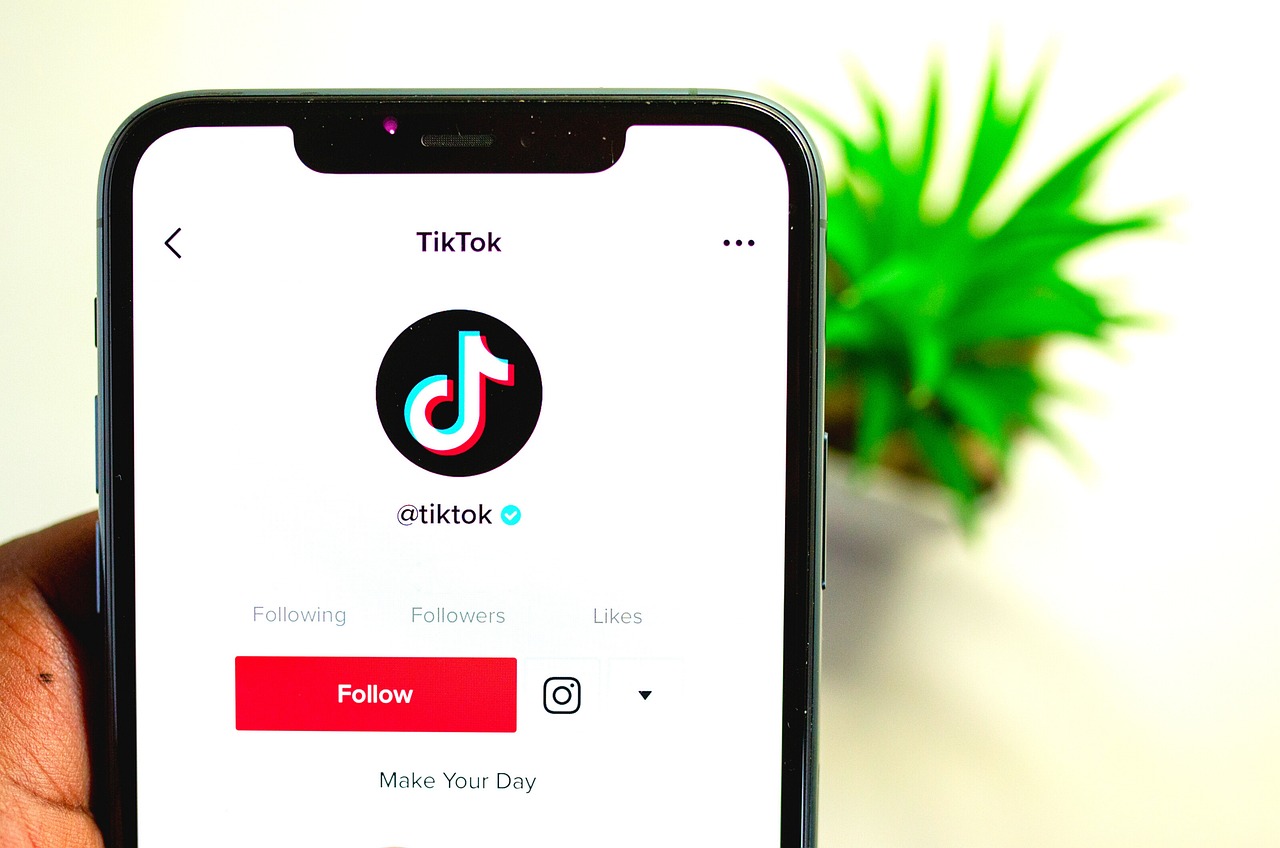A proposed ban on TikTok in the United States could set a precedent for drastic changes in the global social media landscape, with consequences rippling across tech giants and users alike.
Key Points at a Glance
- The TikTok ban, if enacted, would be the first major removal of a global social media platform in the United States.
- Experts warn that banning TikTok could fragment the internet and embolden similar actions worldwide.
- The potential ripple effects may redefine user privacy, data security, and geopolitical dynamics in tech.
For over a decade, social media has been a cornerstone of digital communication and a cultural phenomenon. Now, a potential ban on TikTok in the United States could mark a turning point, leading to what some experts are calling an “extinction-level event” for the industry.
TikTok has grown into a cultural juggernaut, with over 150 million users in the United States alone. Yet, concerns over its ownership by the Chinese company ByteDance and its data privacy practices have drawn scrutiny from U.S. lawmakers. These concerns have culminated in a proposed ban, reigniting debates about national security and digital sovereignty.
If enacted, this would be the first time the United States has forcibly removed a major global social media platform from its digital ecosystem. The implications go far beyond TikTok, potentially setting a precedent for how governments interact with digital platforms.
Experts warn that such a move could pave the way for an increasingly fragmented internet, where countries impose bans or strict regulations based on geopolitical or ideological lines. “The internet was envisioned as a global network, but actions like these threaten to balkanize it,” says a digital policy researcher at Stanford University.
A ban could also impact tech companies beyond TikTok. Platforms like Instagram, YouTube, and Snapchat have already introduced features mimicking TikTok’s format, signaling its influence. Without TikTok, these companies may face less competition but also new scrutiny over their practices, from data security to user safety.
The TikTok ban could trigger a domino effect globally. Countries like India have already banned the app, and others might follow suit, citing national security concerns. Conversely, the ban could embolden countries to restrict U.S.-based platforms like Facebook or Twitter, framing such actions as reciprocal or protective measures.
At the user level, the ban raises questions about data privacy and who controls the platforms we rely on daily. Critics argue that banning one app doesn’t address broader issues like lack of comprehensive data privacy laws or the influence of misinformation spread across all platforms.
This moment could redefine the future of social media. Companies may accelerate diversification into markets less susceptible to government interference. Meanwhile, emerging platforms touting decentralized or privacy-focused features could gain traction, providing alternatives to users wary of corporate or state control.
For now, TikTok’s fate in the U.S. remains uncertain, but its potential removal signals a seismic shift. As the debate unfolds, the industry and users alike will grapple with what this means for the principles of an open and interconnected digital world.
